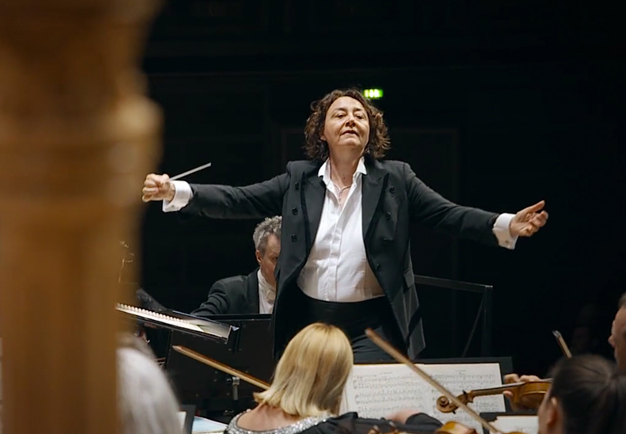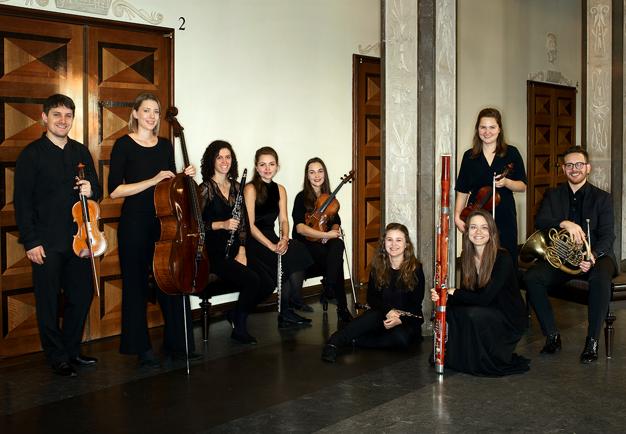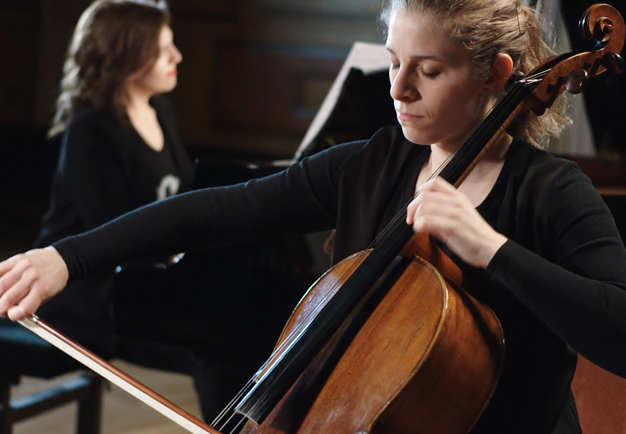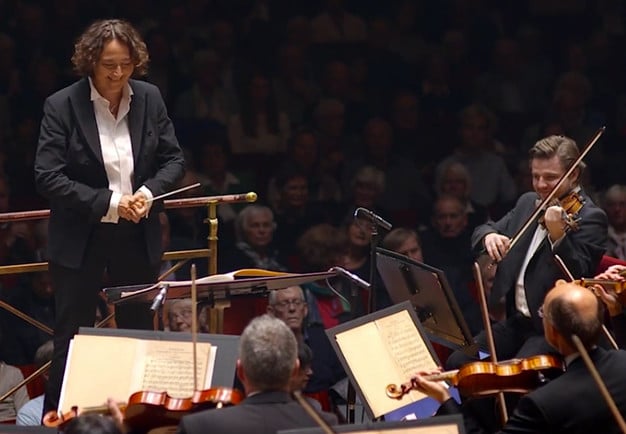Ravel with Oramo
Tasteful impressionism and a beloved piano concerto.
About the video
- From a livestream 25 March 2021.
- The video is approximately one hour and 13 minutes.
- Subtitles in English and Swedish is activated by using the CC control in the video player.
The French composer Maurice Ravel (1875–1937) paid homage to musical craftsmanship. He was incredibly elegant himself, something of a Parisian dandy. His father was originally from Switzerland and his mother was from the Basque region, something to which Ravel returned throughout his life and valued deeply. Thus, in addition to French and Impressionistic characteristics, his music often has Spanish influences.
Le Tombeau de Couperin comprises warm and soulful musical images of friends who fell victim to World War I. The basis is a seventeenth and eighteenth-century custom in which music was sometimes composed in memory of a deceased person and called a tombeau, which actually means grave or gravestone.
Ravel was happy to be inspired by others, while his music is also deeply personal. On one of his tours of the US, he heard music by George Gershwin, which clearly left traces on his piano concerto – in which Gershwin’s jazzy spirit swings in to colour Ravel’s music. In the solo part, we meet the French pianist Bertrand Chamayou, who not only has been celebrated for his technique but also for his imagination and originality. Several of his CDs have been prize-winning – among these his complete recordings of Ravel’s music for solo piano. This concert marked Camayou’s debut with the Royal Stockholm Philharmonic Orchestra.
Pavane for a Dead Princess is one of Ravel’s most beautiful pieces; it is dedicated to the princess de Polignac, the ultra-wealthy heiress to the sewing machine king Isaac Merritt Singer. It is said that Ravel chose the name for his Pavane simply because it sounded so nice in French: Pavane pour une infante defunté.
In Menuet Antique, Ravel’s two sides come together: the young and playful seeker, and the mature artist. Ravel composed the original for piano at the youthful age of twenty, and returned to it thirty years later to make another version for orchestra.
Chief conductor Sakari Oramo leads the Royal Stockholm Philharmonic Orchestra and this concert was part of the ongoing project to record Ravel’s orchestral pieces, for release on the record label BIS.
-
The music
-
Maurice Ravel Piano Concerto in G major
-
Intermission: a conversation with Bertrand Chamayou
-
Maurice Ravel Pavane för en död prinsessa
-
Maurice Ravel Menuet antique
-
Maurice Ravel Le tombeau de Couperin
-
Participants
-
Royal Stockholm Philharmonic Orchestra
-
Sakari Oramo conductor
-
Bertrand Chamayou piano




